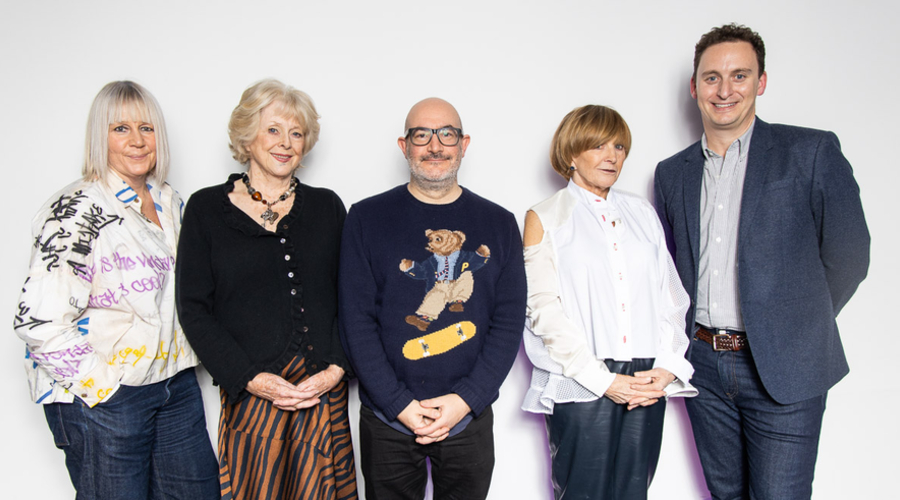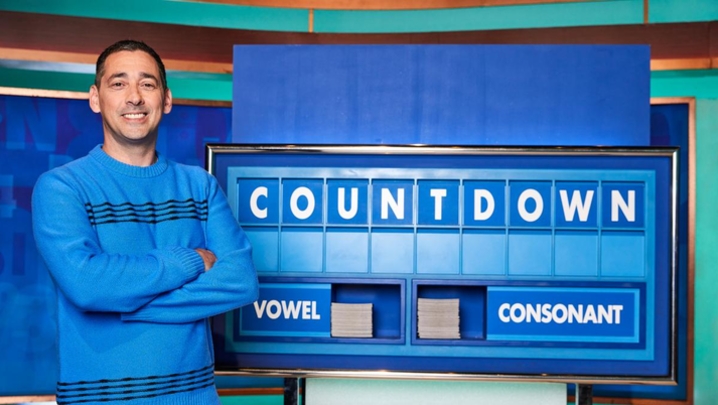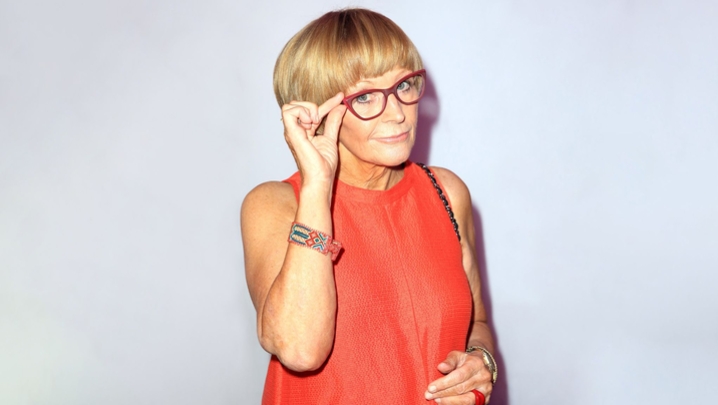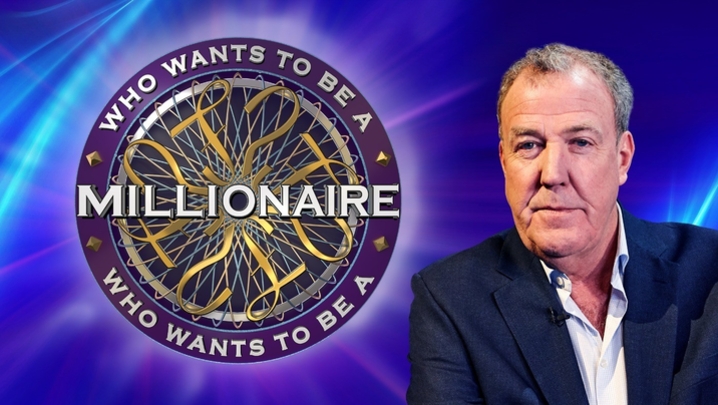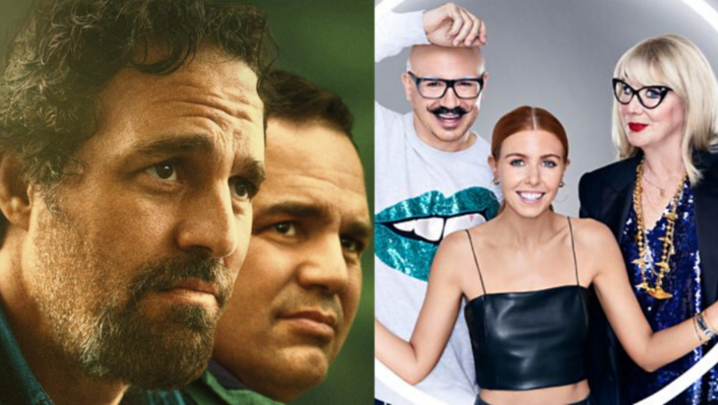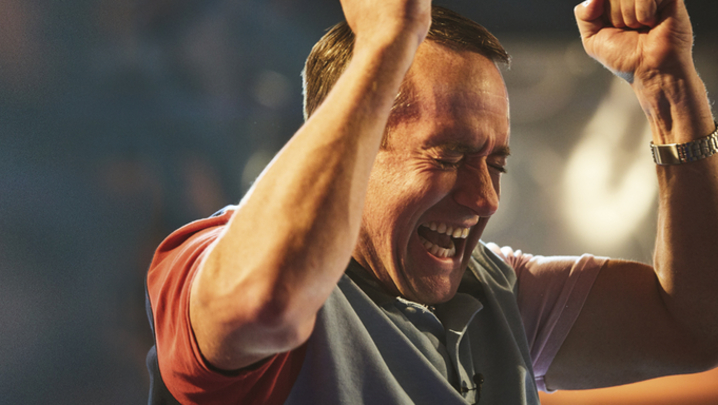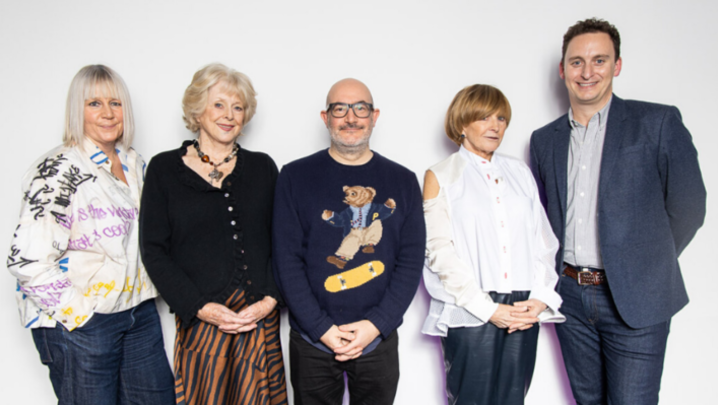An RTS event answers the $64,000 question – why are we so addicted to TV quizzes?
Quiz shows are enjoying their golden age. Never before has the armchair quizzer had so many opportunities to show off their knowledge in front of the TV. The Wall and Who Wants To Be a Millionaire? prosper in primetime, but it’s during the daytime and early-evening schedules that quiz shows come into their own.
ITV has The Chase; the BBC, Pointless, Eggheads and Richard Osman’s House of Games; and Channel 4, the venerable Countdown and The £100K Drop. For more highbrow viewers, there’s Only Connect, University Challenge and Mastermind.
“Audiences love them but, in terms of filling schedules, they’re pretty cost-effective. Because you can [film] four a day, they make financial sense,” said Jo Street. The Channel 4 head of daytime was talking at an RTS early-evening event in December that celebrated TV quiz shows.
Anne Robinson – known for her much-imitated catchphrase, “You are the weakest link… goodbye”, which she used to dismiss contestants from her show – was the star turn on the panel. Over 12 years, from the turn of the century, she hosted almost 1,700 episodes of The Weakest Link, earning herself the title “the rudest woman on television” for mocking the show’s participants.
Robinson revelled in her role, embracing The Weakest Link’s format, which encouraged contestants to be ruthless in their pursuit of the £10,000 top prize.
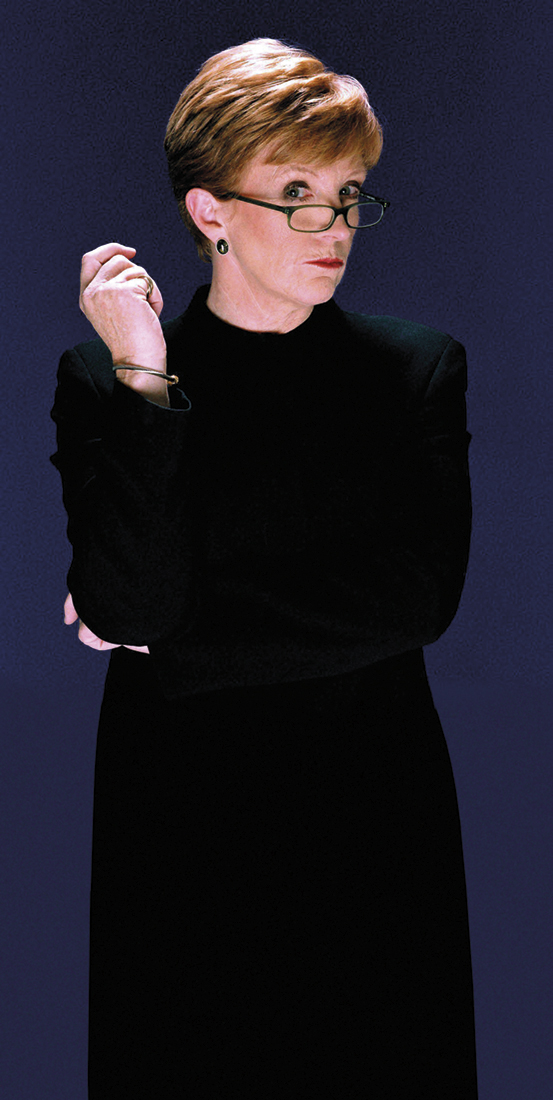
(Credit: BBC)
“I was incredibly rude to thousands of people,” she said. “Normally, a host [says], ‘Hello, how are you?’ But, right from the beginning, I knew it was important not to make friends with anyone. We did very well with me being increasingly horrible.”
Occasionally, Robinson recalled, she went too far: “Sometimes, I would have a go at, say, a student, and I would come off and say, ‘That was killing kittens.’ What you needed was someone cocky, who thought they were going to get the better of you. And then you could be seriously rude.”
The show’s success in its early evening BBC Two slot led to promotion to the BBC One prime-time schedules – and a jump in the jackpot prize to £50,000.
“It was a brilliant format but the format wouldn’t have been what it was without Annie,” said Street, who worked with Robinson on The Weakest Link. “[It] wouldn’t have been a good show with a warm and cuddly host.”
So what’s the secret of a successful quiz show? “The whole family can join in and you can sit at home and be clever. And, if you’ve got a good quiz show, once you start watching, it’s very difficult not to watch to the end,” suggested Robinson.
Familiarity is also important, argued James Fox, MD of Remarkable, which has a roster of quiz shows, including BBC juggernauts The Wall and Pointless. “When Pointless isn’t on at 5:15pm, there’s uproar and the BBC gets more complaints about it than any other thing,” he claimed.
A good quiz, he continued, is something “you can come back to, day after day, [where] you know the format”.
Street has overseen many quizzes over the years. Once, when in charge of BBC quiz Eggheads – now in its 17th year – she made the mistake of breaking the series’ run as a high jackpot was building. “The complaints log crashed, because the result never played out,” she said. “You disrespect the quiz audience at your peril.”
The Channel 4 exec added: “[Quizzes] are a way to define a channel – you know what a channel is by which quizzes are on it. And it’s a way of putting people on telly – people love to see themselves reflected. And they bring you massive audiences.”
“People watch the highbrow ones, such as University Challenge and Mastermind, for the same reasons that [they] watch sport – [to see] people being really brilliant,” argued Judith Keppel. Her £1m win on Who Wants To Be a Millionaire? led to a TV career as an Eggheads expert. She has been in every series since the show’s launch in 2003.
“You’ve got to have a great format but the host, in the end, will be the thing that really makes the show special,” proposed Fox.
“A host can bring an audience as well – look at Danny Dyer on The Wall,” interjected Street.
The EastEnders actor’s cockney-geezer shtick gives the BBC One Saturday prime-time quiz, which started life on NBC in the US, “a completely different flavour from anything else you’ve ever seen”, said Fox.
And the brainboxes who come up with the questions are as important as the host. “They make or break a quiz, because the tone of a question defines the show,” noted Street. “It’s one of those brilliant, dark arts.”
Is there room for a new quiz on TV? “It’s really hard to launch a new quiz, especially in daytime. The ones that we’ve got at the moment are really potent still,” said Street. But, she added, commissioners are looking for “something that’s got a format that at least tries to do something different, that you haven’t seen before, or – even worse – isn’t on telly now”.
Are there any shows the panellists would like to revive? Keppel voted for Top of the Form, a quiz for secondary-school children that ran on BBC One from 1962 to 1975.
Fox plumped for one of his indies’ own shows, Deal or No Deal, which, hosted by Noel Edmonds on Channel 4, ran to more than 3,000 episodes. “These shows can run and run,” he said.
Blankety Blank, said Robinson: “I’ve been on it twice and I haven’t the foggiest idea of how it works.”
Report by Matthew Bell. The RTS early-evening event ‘Why we love… quiz shows’ was held at the Cavendish Conference Centre in central London on 2 December. It was chaired by Boyd Hilton, entertainment director of Heat magazine, and produced by Sally Doganis and Vicky Fairclough.
Who wants to be a millionaire?
‘Huge sums of money and quite easy questions’ were the motivation for Judith Keppel to enter Who Wants To Be a Millionaire? She was the first person to win £1m, two years after the show launched on ITV in 1998.
Hosted by Chris Tarrant, Millionaire was an instant success, attracting audiences of up to 19 million.
The audience at the RTS early-evening event was treated to a clip of Keppel’s triumph – one of British TV’s most iconic moments. Despite appearing calm and clear-headed as she pondered the jackpot question – Which king was married to Eleanor of Aquitaine?* – Keppel admitted: ‘I was like a duck – I was paddling madly underneath. I wasn’t calm at all. I thought my heartbeat was so loud that the mics would pick it up.
‘It was an incredibly exciting programme.… For the viewer, you can see in their faces whether they’re going to take a risk or… whether they’re thinking of the mortgage and going to take the money.’
Remarkable MD James Fox worked on the first series of Millionaire as a researcher: ‘No one knew it was going to be that big – but it was instantly huge. The format is genius, because there’s enough in there to let people take a gamble.’
ITV revived Millionaire in 2018 with Jeremy Clarkson asking the questions, and the odd tweak to the format. Keppel, though, prefers the original: ‘I thought Chris Tarrant was so good and it was so much his show. I don’t think Jeremy Clarkson is as good… but I’m biased.’
* Henry II

